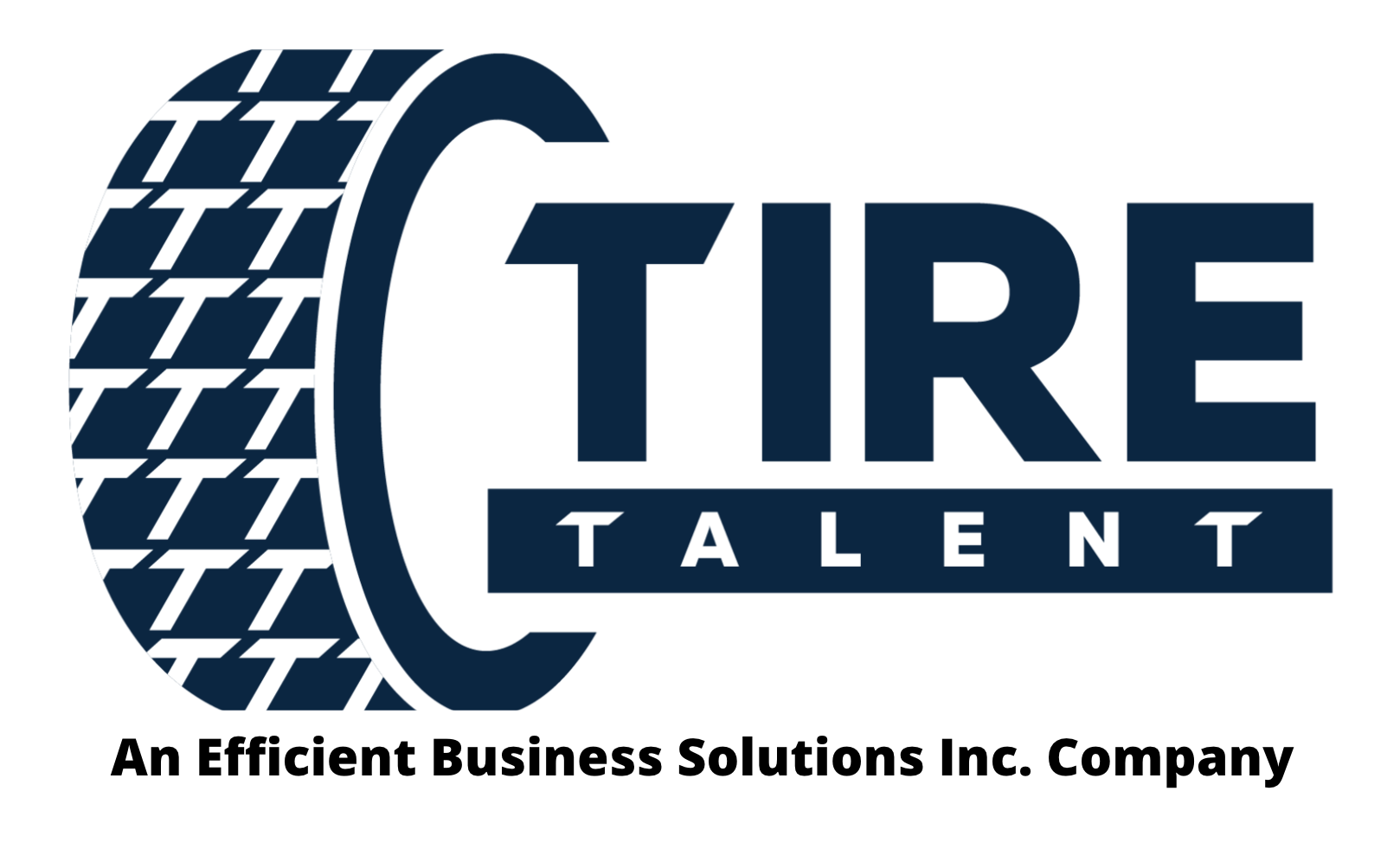AI’s Influence Causes Unease in Workforce
By Mike Cioffi
According to a recent Forbes Poll, about 77% of people express concerns about job loss in 2024 due to the rise of Artificial Intelligence (AI). This concern is felt across various industries, and the tire industry is no different. The 2024 Employment Tire Industry Trends Report, based on responses from 256 people, digs into how employees feel about AI and its impact on job security. While the report indicates an average concern score of 4.3 out of 10, suggesting employees aren’t overly worried about job impact in 2024, the Forbes poll emphasizes the importance of striking a careful balance between technology adoption and job stability.
To keep up with the changes, the tire industry needs to embrace AI, data, and analytics to move forward. Using advanced tech helps teams grow and achieve better results. Investing in AI-driven tools for managing teams, optimizing production, and predicting outcomes is not just a choice but a must for long-term success. Companies embracing these technologies show they’re forward-thinking, attracting candidates who love innovation and can steer success with data. For example, at our organization, we leverage ChatGPT. This tool is instrumental in our team’s growth, helping us in achieving better results. Recruiters within our team actively use ChatGPT to draft emails, address queries, and provide valuable content for both candidates and clients, illustrating the practical impact of embracing advanced tools in our day-to-day operations. Companies embracing such technologies showcase a forward-thinking approach, attracting candidates who thrive on innovation and can drive success through data.
Innovation in the tire industry relies on employees not just understanding data but working with it while keeping security and privacy in mind. Training programs, like the ones on Coursera, make sure the workforce not only gets data but also learns to handle it responsibly. Focusing on security and privacy builds a culture of good data ethics, making candidates with strong data skills, security, and privacy awareness top picks in hiring. Platforms like the IBM Data Science Community serve as handy resources, offering insights and best practices to keep employees updated on the latest in data science.
The tire industry’s growth means companies must be proactive about boosting employees’ skills. This becomes particularly crucial when considering the prevalent skills gap across the country, as highlighted by a report revealing 6 million unemployed individuals alongside 9 million job openings. Investing in training programs not only gives workers the skills they need but also opens up paths for career growth. Collaborating with schools and programs, shows a commitment to nurturing talent. Teaming up with platforms like Udacity for special courses and programs is a smart move, helping companies in the tire industry upgrade their workforce. A skilled team means more productivity and innovation in the always-changing tire industry.
The tire industry is at a turning point, with AI and tech changes making companies rethink how their workforce operates. Balancing worries about job security with the potential for growth through AI is a big challenge. Strategic investments in training, data literacy, and tech solutions can guide the tire industry through this change, turning it into a success story in the age of Artificial Intelligence.
Employment Situation for March 2024
We have a new overview of the labor market dynamics provided by The Employment Situation Summary for March 2024, delivered by the U.S. Bureau of Labor Statistics. Total nonfarm payroll employment increased by 303,000 jobs during the month, with notable gains observed in sectors such as health care, government, and construction. However, the unemployment rate remained largely unchanged at 3.8 percent, highlighting a stable yet evolving employment environment.
According to the insights for March, several key indicators of the U.S. labor market remained largely unchanged. The number of long-term unemployed individuals, those without a job for 27 weeks or more, held steady at 1.2 million, making up about 19.5 percent of all unemployed individuals. Additionally, the number of people working part-time due to economic reasons remained at 4.3 million, underlining the ongoing difficulty in finding full-time employment. Similarly, the number of individuals not currently working but wanting a job remained relatively unchanged at 5.4 million.
Key Sector Analysis
In March, several key sectors of the economy experienced different levels of job growth. The healthcare industry notably expanded, adding 72,000 jobs, which was higher than the average monthly gain of 60,000 seen in the previous year. Similarly, the government sector also saw significant growth, with 71,000 jobs added, surpassing the average monthly gain of 54,000 over the past year. Construction also saw a noteworthy uptick, adding 39,000 jobs in March. This figure doubled the average monthly gain observed in the previous year. However, the retail trade sector experienced some fluctuations. While overall employment remained relatively stable, there were significant variations within specific subsectors. Job gains in general merchandise retailers were partially offset by losses in building material and garden equipment and supplies dealers, as well as in automotive parts, accessories, and tire retailers.
Focus on Automotive and Manufacturing:
Automotive Industry: Despite overall stability in retail trade, the automotive sector experienced a slight decline, with a loss of 3,000 jobs in March. This trend reflects the challenges within the automotive parts, accessories, and tire retail segment, which saw a modest decrease in employment.
Manufacturing: The manufacturing industry showed little to no change in employment levels during March. The average workweek for manufacturing employees remained unchanged at 40.0 hours, with slight fluctuations in overtime hours. Despite these minor variations, manufacturing continues to play a vital role in the overall economic landscape.
The Employment Situation Summary for March 2024 highlights the importance of closely monitoring industry-specific trends within the labor market. While certain sectors show growth, others may face challenges, needing adaptive strategies. Understanding of employment data, including fluctuations in sectors such as automotive and manufacturing, is essential for informed decision-making.

